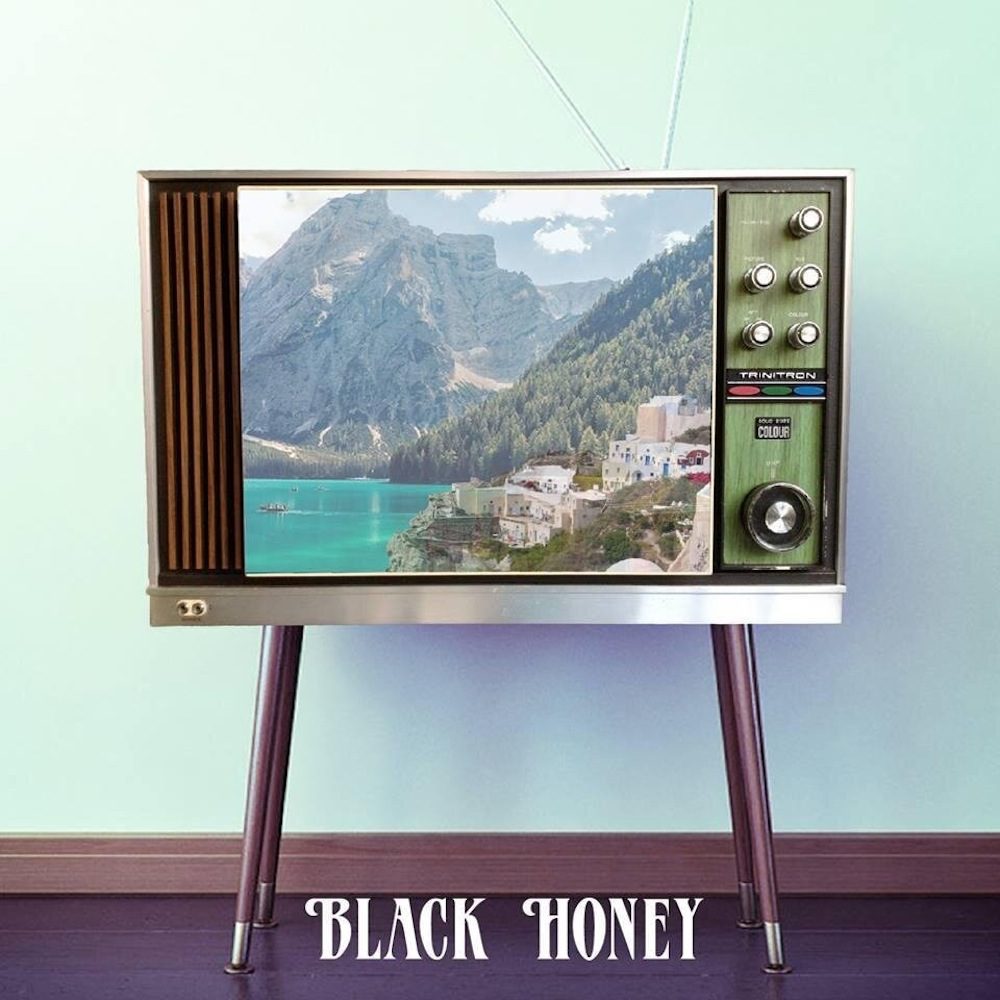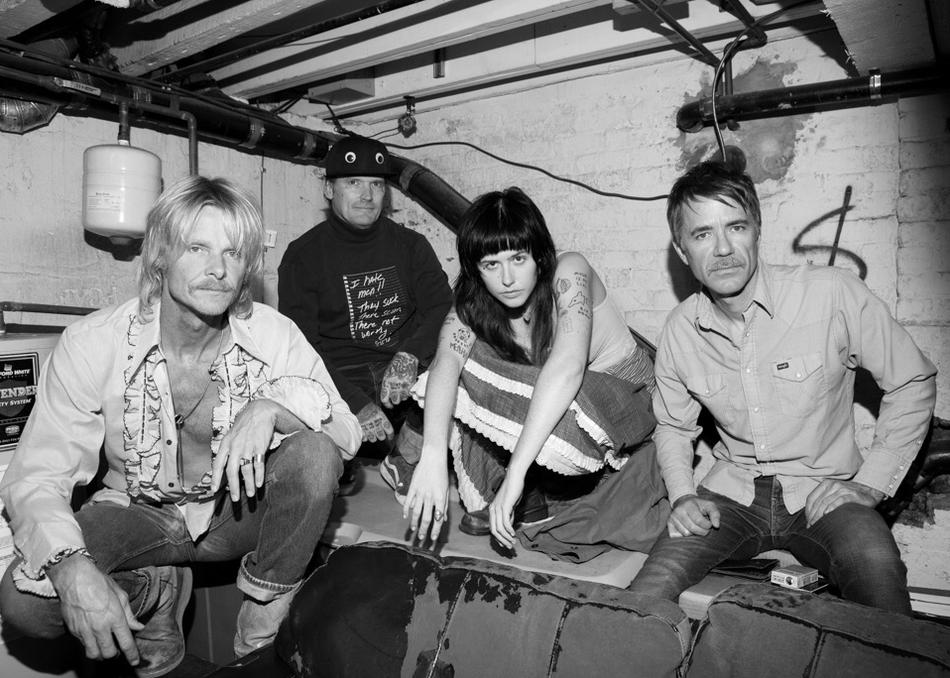MUSIQUE BOUTIQUE: Big Joanie, Eszter Balint, Dawn Riding
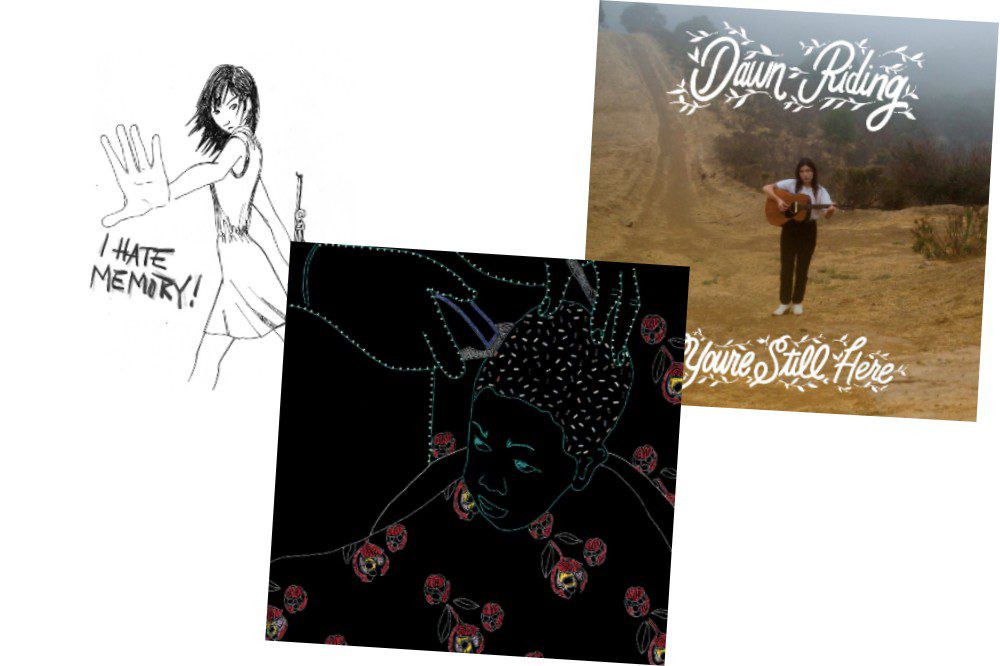
Welcome to Audiofemme’s record review column, Musique Boutique, written by music journo vet Gillian G. Gaar. The last Monday of each month, Musique Boutique offers a cross-section of noteworthy reissues and new releases guaranteed to perk up your ears.
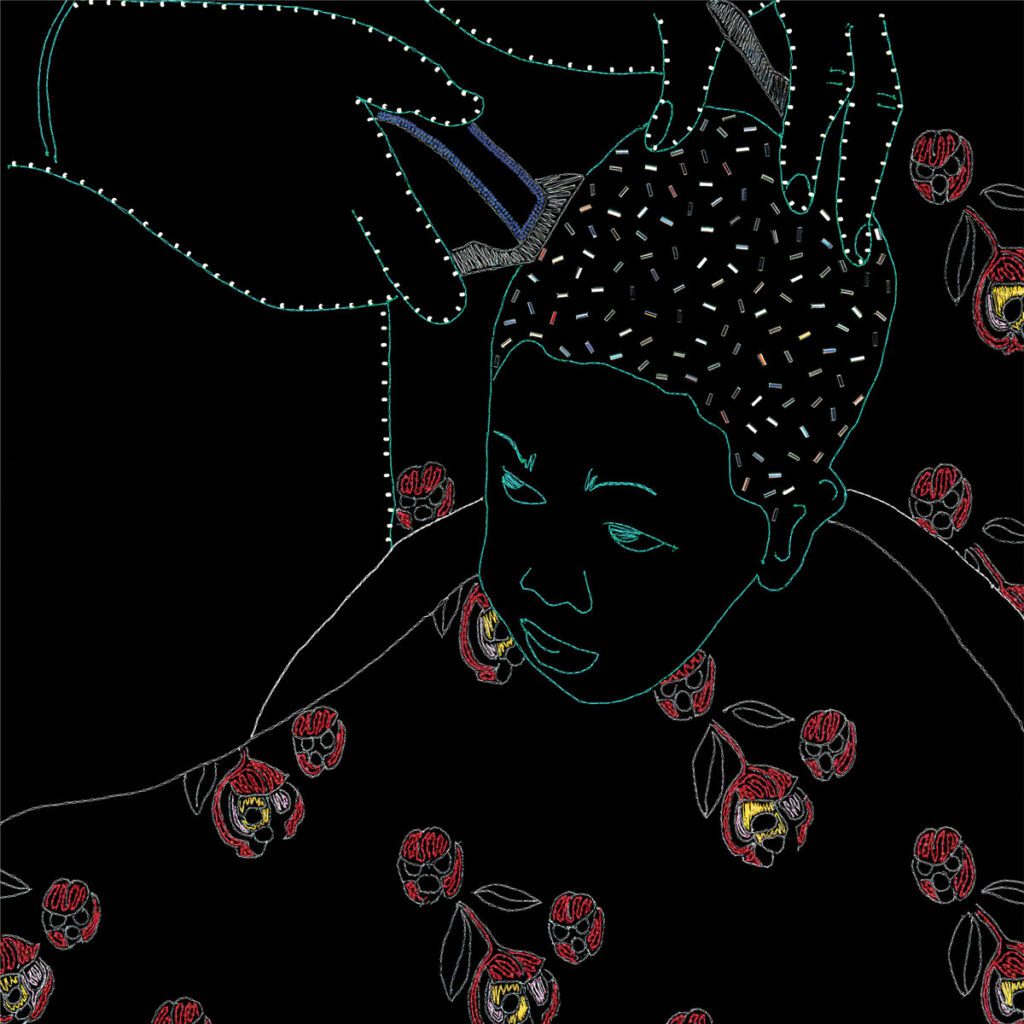
Four years after their great debut album, Sistahs, Big Joanie is back with a new release (Back Home) on a new label (Kill Rock Stars). The London-based power trio (Stephanie Phillips, guitar; Estella Adeyeri, bass; Chardine Taylor-Stone, drums) kick off the album with the dreamy richness of “Cactus Tree,” described as a gothic folk tale, set to a roiling rush of sound and an incantatory drum beat. “Happier Still” is a churning alt-rocker (the band cites Nirvana as one of their influences) about hanging onto your sanity by pushing through the darkness to the light. “Taut” has the relentlessness of a metronome in its dissection of a relationship, as the guitars lay down a decisive beat.
A song like “In My Arms” explores the push-pull of wanting to be close to someone you’d like to push away at the same time. There are actually two versions of the song: one skips along like a pop tune; the other, a reprise that features declamatory drum beats straight out of the Ronettes’ “Be My Baby,” with a slower, more sultry delivery that makes the song a different kind of cool. This is a group looking to make waves in more ways than one; as Taylor-Stone told NPR, “We started this band because we wanted to be in a band where we can just be Black girls who are weirdos, and now we can… it’s about creating new norms for people, and we’re really proud to have created those spaces.” And in case you’re wondering, the group is named after Phillips’ mother.
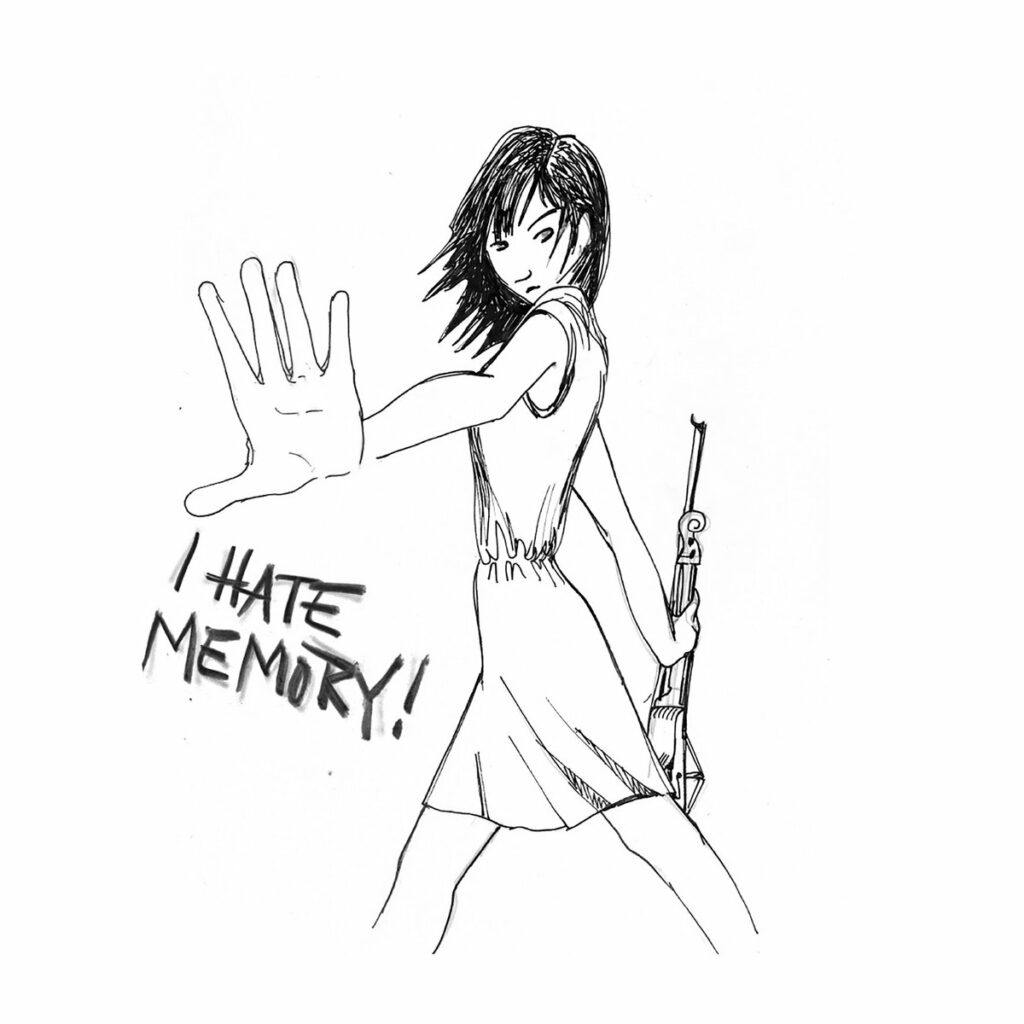
Eszter Balint was introduced to American audiences via Jim Jarmusch’s 1984 art house classic Stranger Than Paradise. She calls her latest album, I Hate Memory! (Red Herring Records) “an impressionistic travelogue,” that charts her early years, when she left communist Hungary for New York City in 1977, along with her parents. The city proved to be fertile ground for a family that ran an avant-garde group, Squat Theatre, and Balint’s home was transformed into a theater space and music venue, where the likes of Nico, Sun Ra, and the Lounge Lizards passed through. Balint ended up making her recording debut playing violin on “Beat Bop,” the classic hip hop track by Rammellzee + K-Rob, produced by visual artist Jean-Michel Basquiat.
Balint collaborated on I Hate Memory! (which has also been staged in New York), with Stew (Mark Lemar Stewart), the musician and playwright who headed up the band Stew & the Negro Problem. You can trace the storyline from the song titles (“Before America,” “The First Day,” “Campfire at the Chelsea”), and the music ebbs and flows with the pulse of the city’s streets. “Art Bodega Nation” has a nervy energy (“You want to make it in America? You don’t advertise, you don’t eat!”), “After the Party” is the piano-based chill down, “Second Avenue” is a laid-back distillation of the sights and smells of the neighborhood. Overall, a beguiling trip down memory lane.
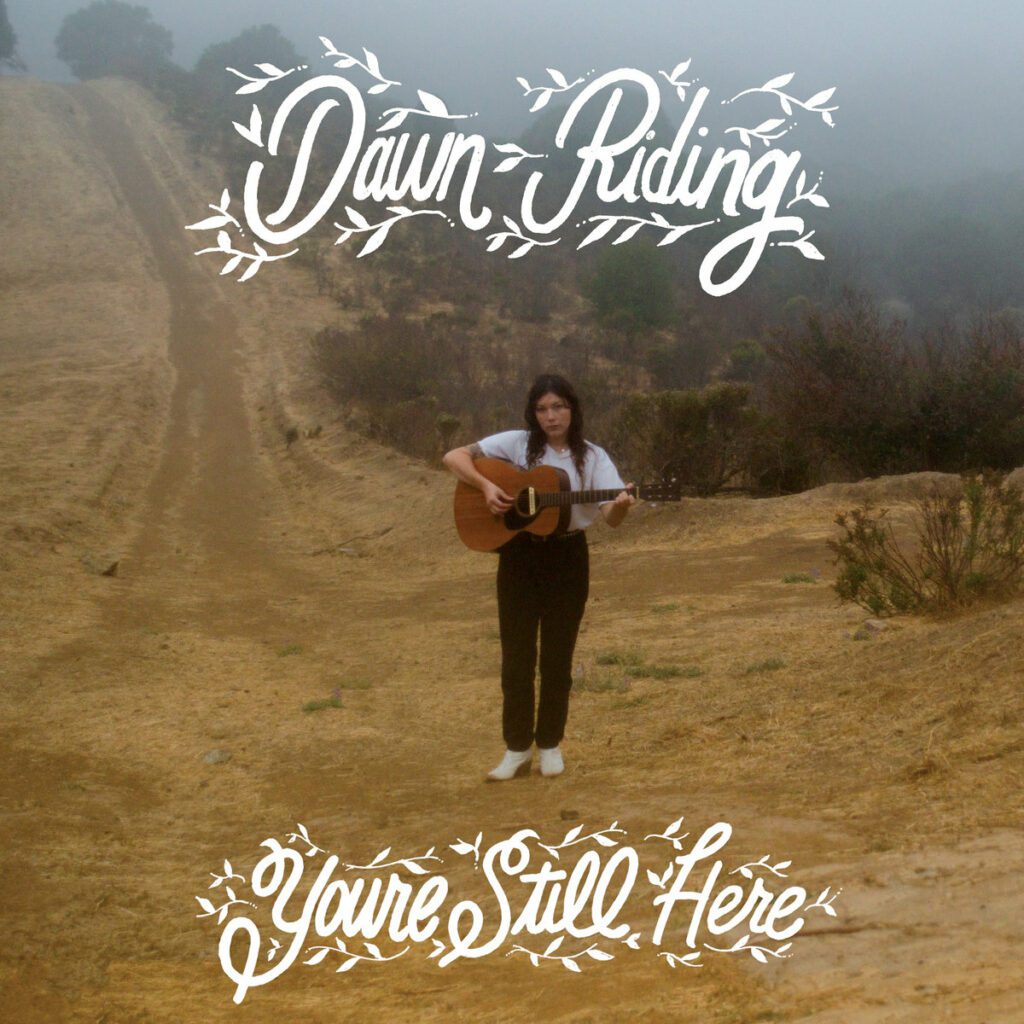
There’s a deceptiveness to You’re Still Here (The Long Road Society/Speakeasy Studios SF) by Dawn Riding (the name that singer/songwriter Sarah Rose Janko uses for this particular musical project). The opening track, “9 Lives,” starts out quietly, almost dreamily, yet if you listen to the lyrics, Riding’s calm vocal details a somber tale of a self-destructive relationship. “That was one of my nine lives; he nearly took me out,” she sings matter-of-factly, before moving on to the devastating coda: “But I moved on down the line/And now it’s just a thing I sing about.”
Similarly, “Beautiful and Dangerous,” set to delicate acoustic music, is a portrait of an enigmatic woman who’s “pretty as the lightning in the Midwest, cracks the sky in two,” an ethereal presence filling the narrator jointly with awe and trepidation. “Hold On” crackles with ominous undertones, Janko’s distorted vocals adding another spooky element as a nighttime ramble takes a surreal turn; are you holding on to be rescued, or to be pulled under? “Change in Tide” is an elegy for a departed friend, with a trumpet line rising to send off a final farewell. “Luck Run Out” expresses yearning for escape. There’s a darkness to this music, and an underlying chill. But the empathy of Janko’s voice adds a welcome dose of warmth.


